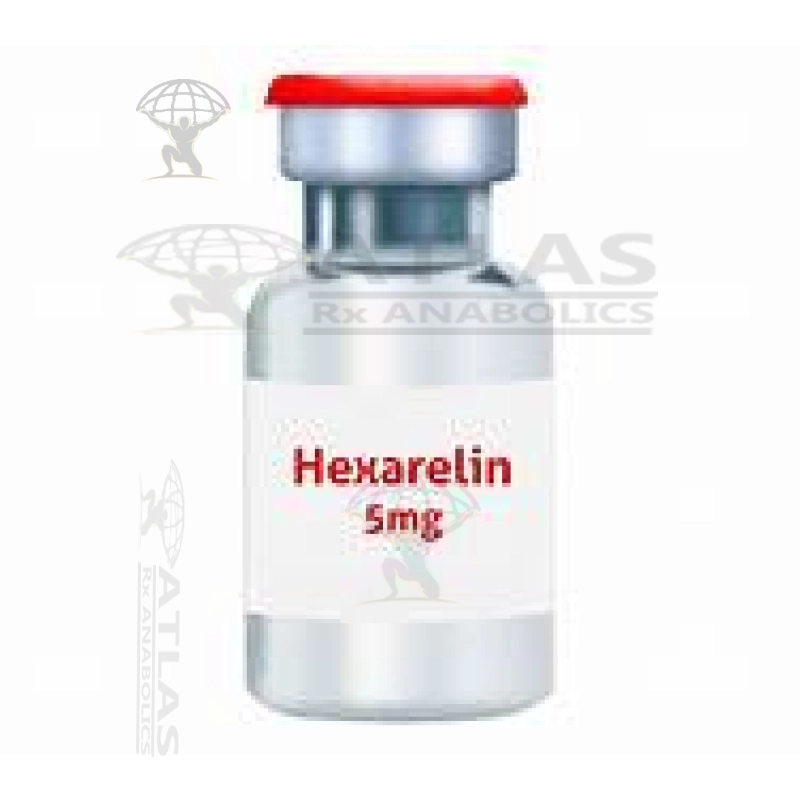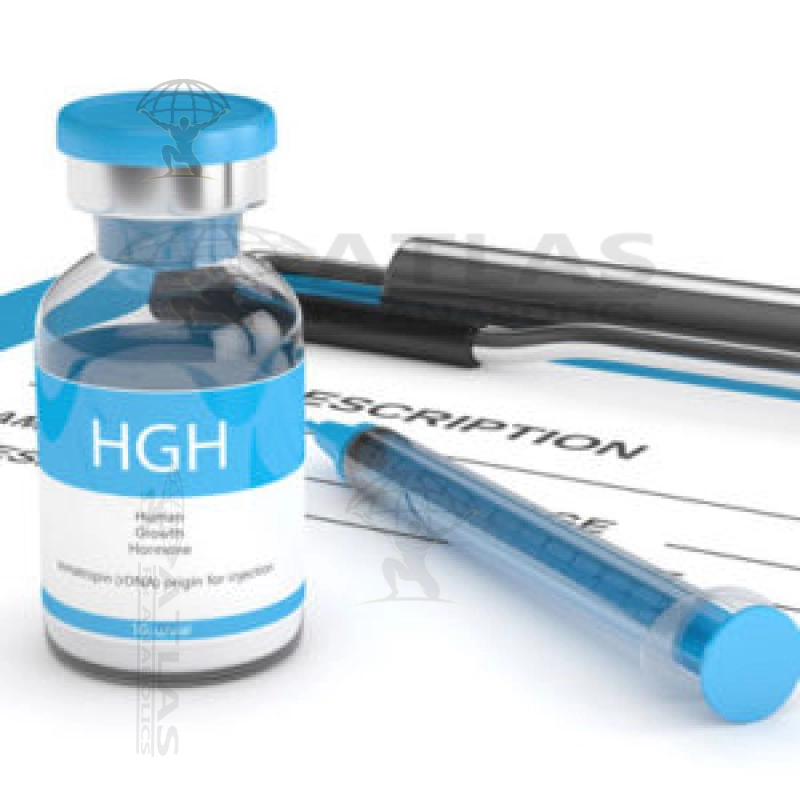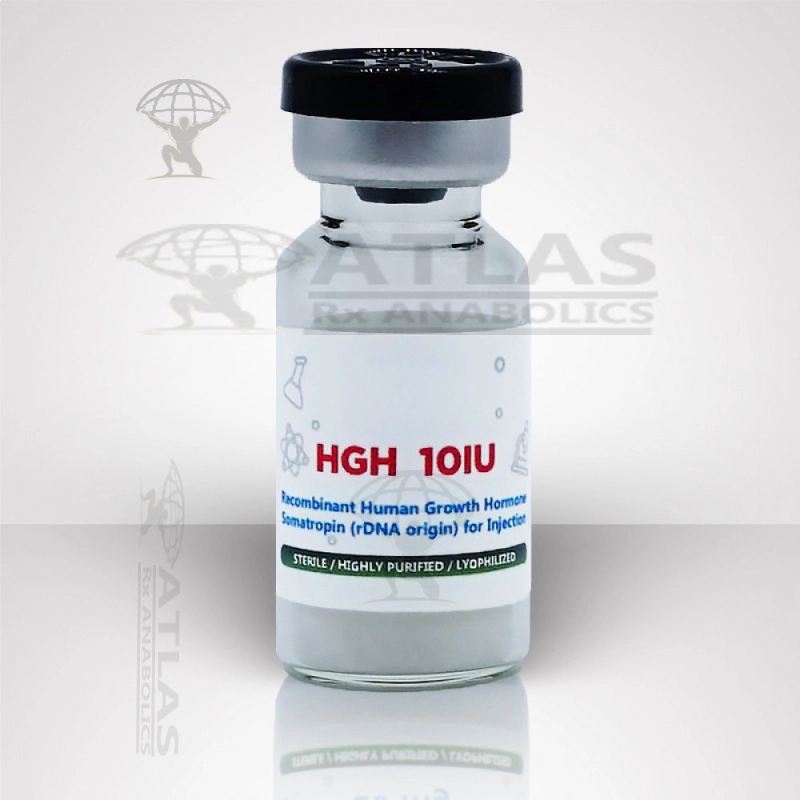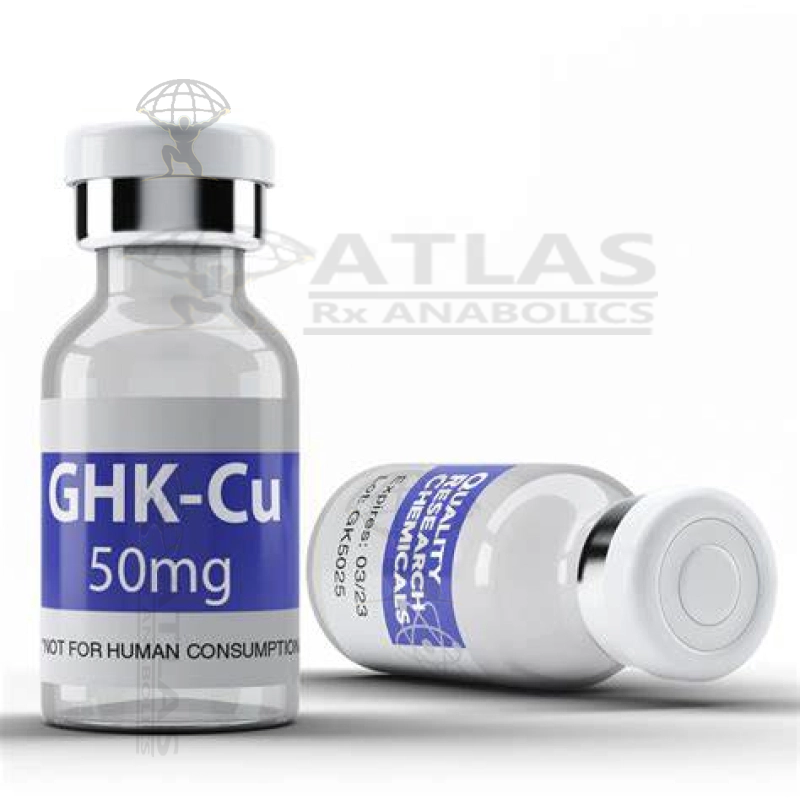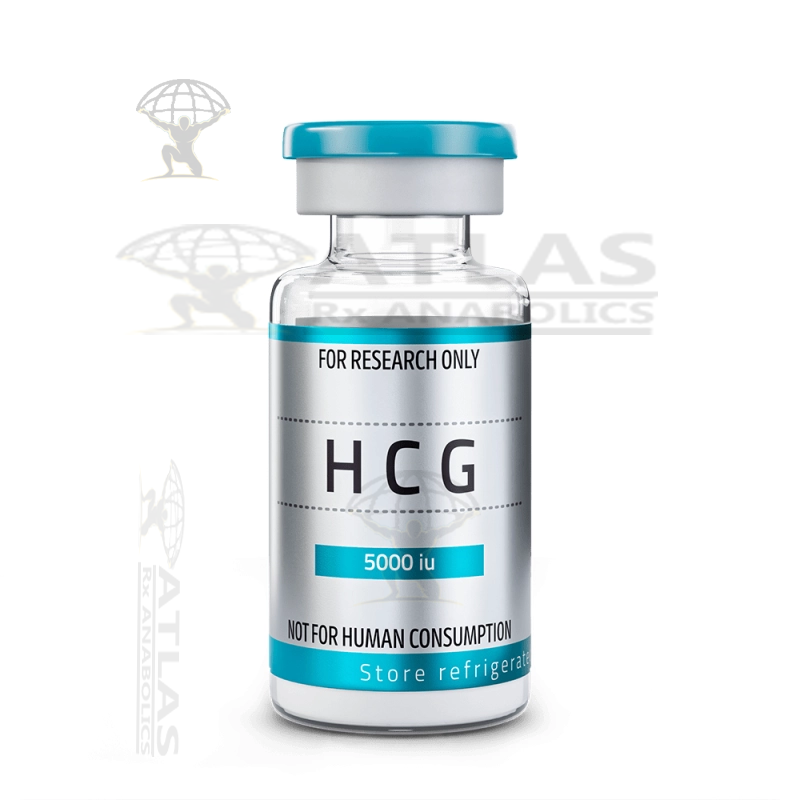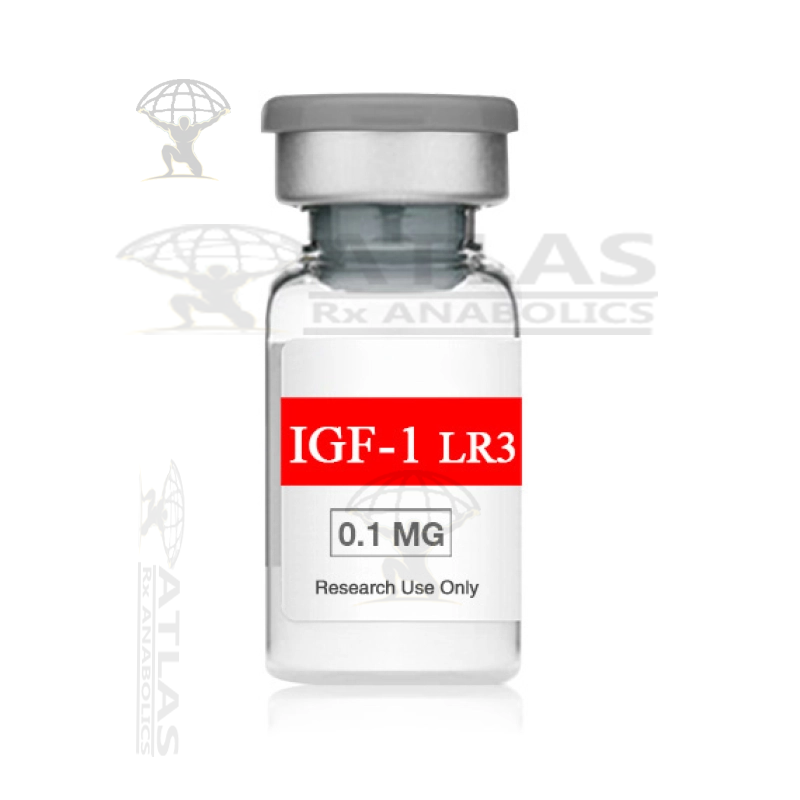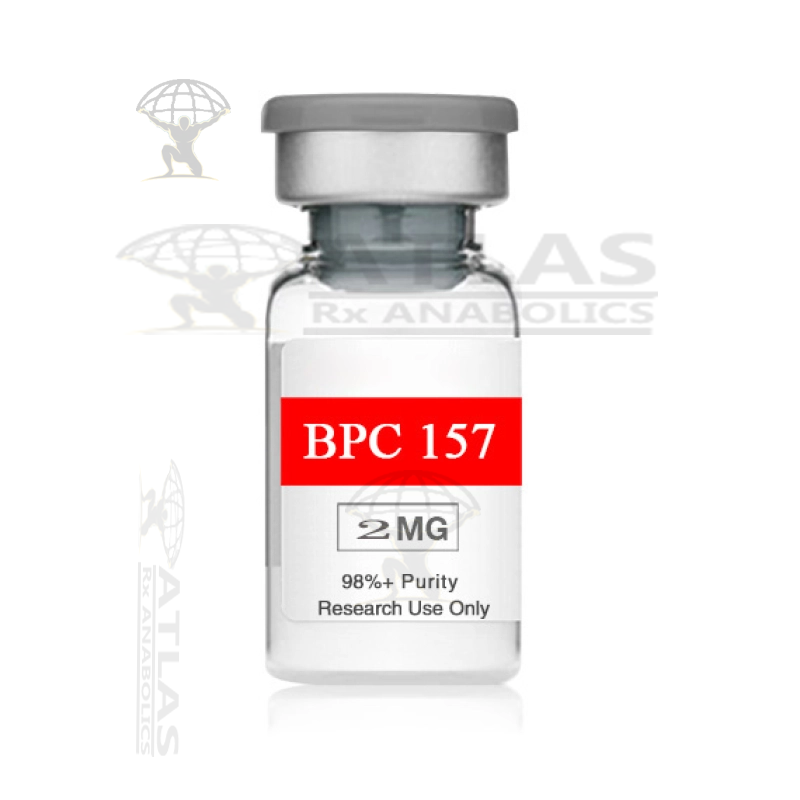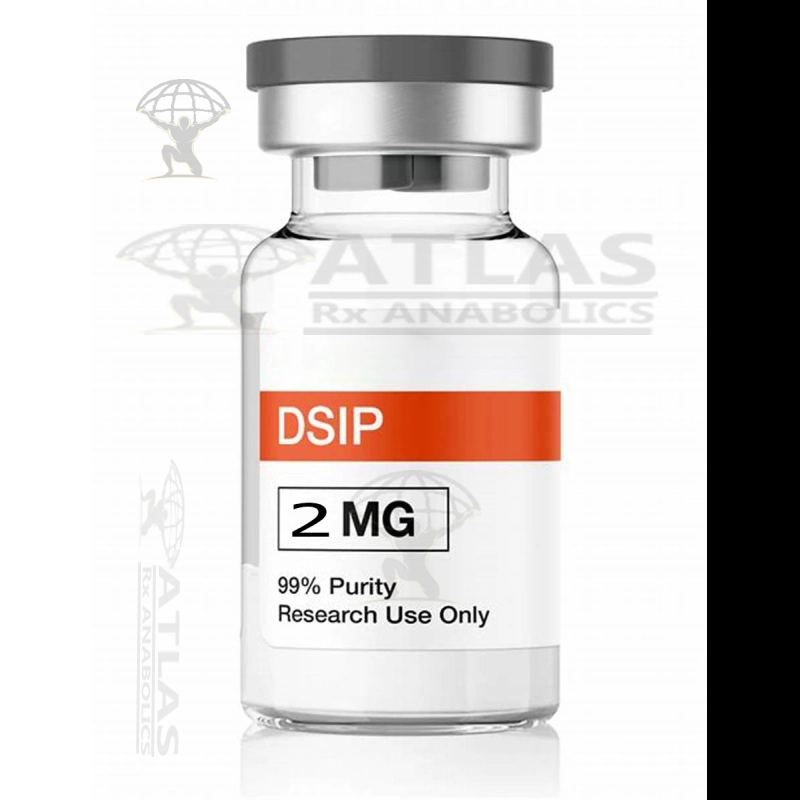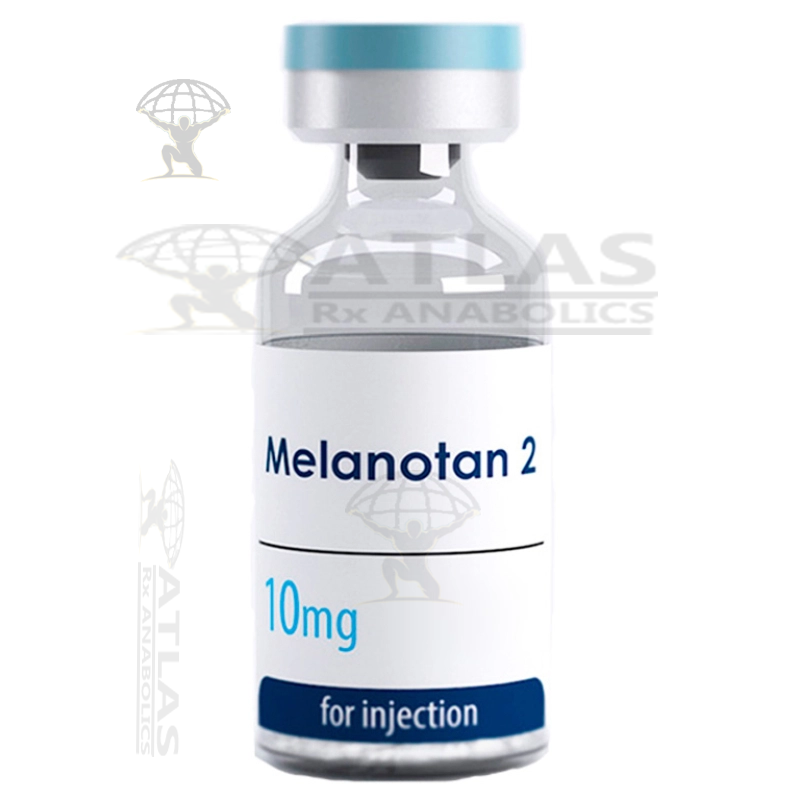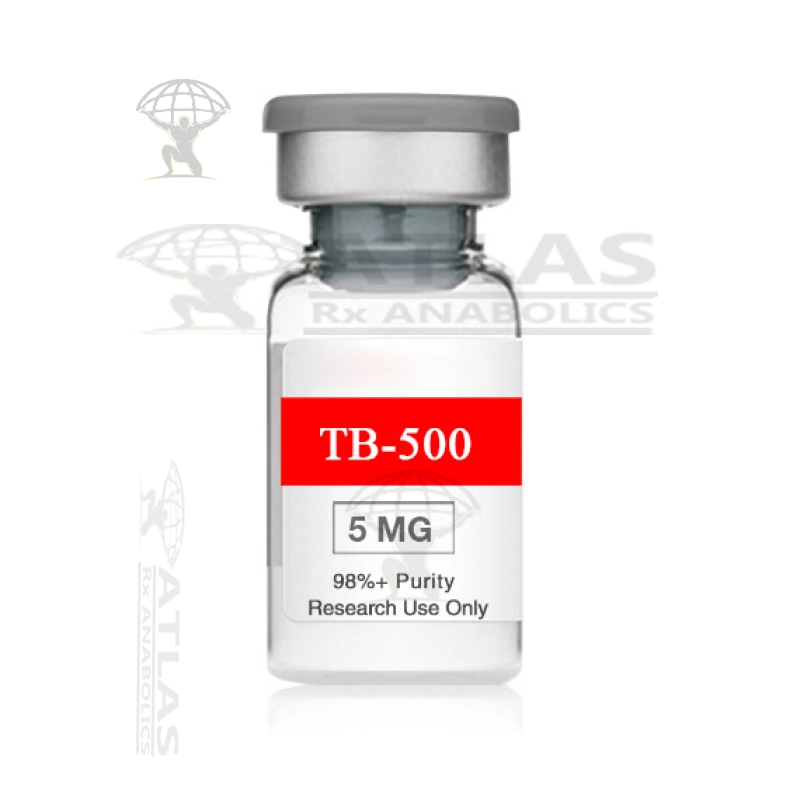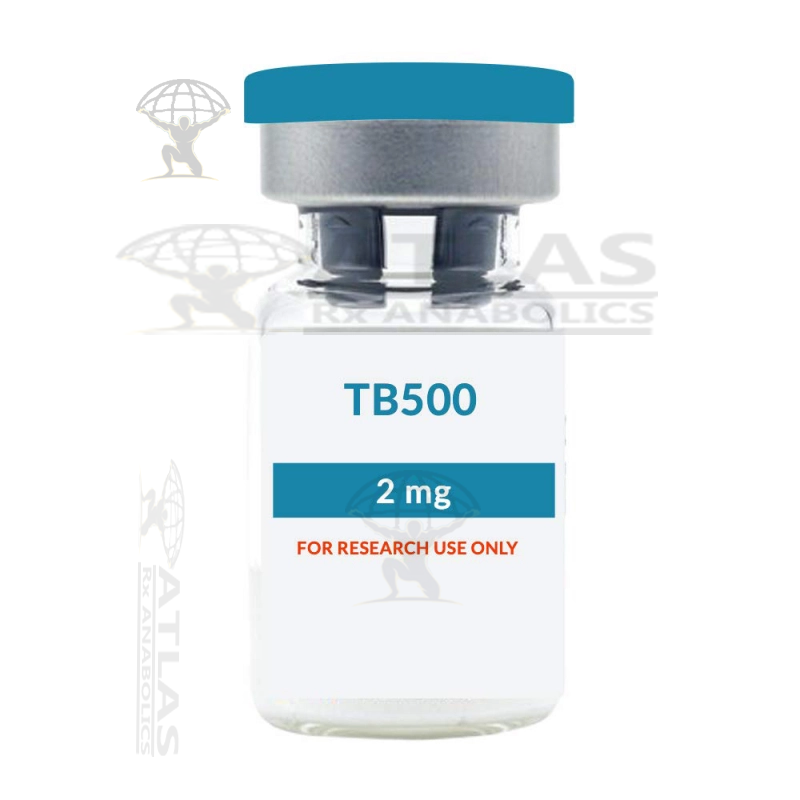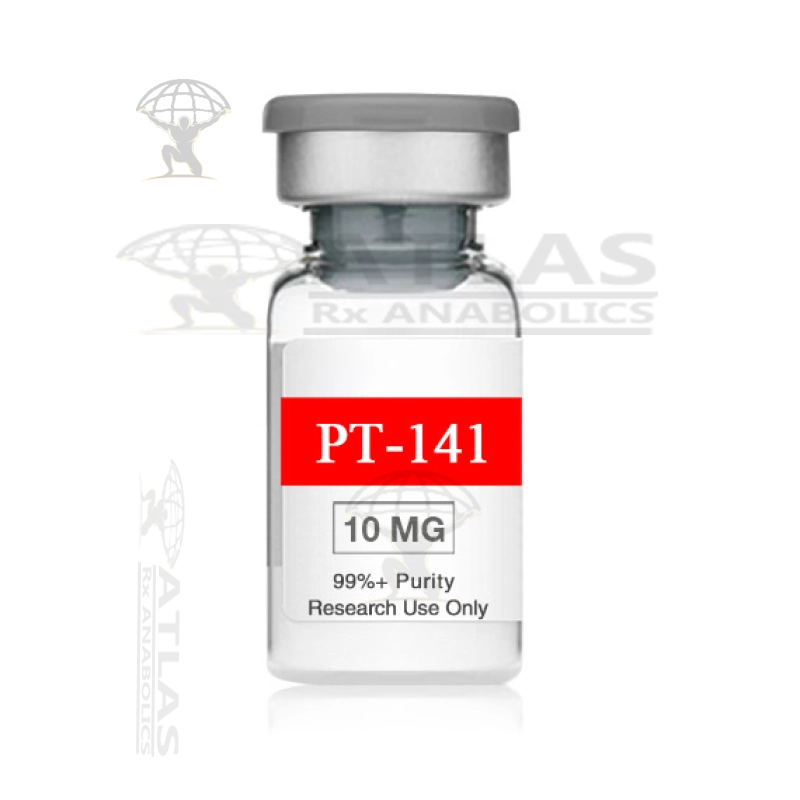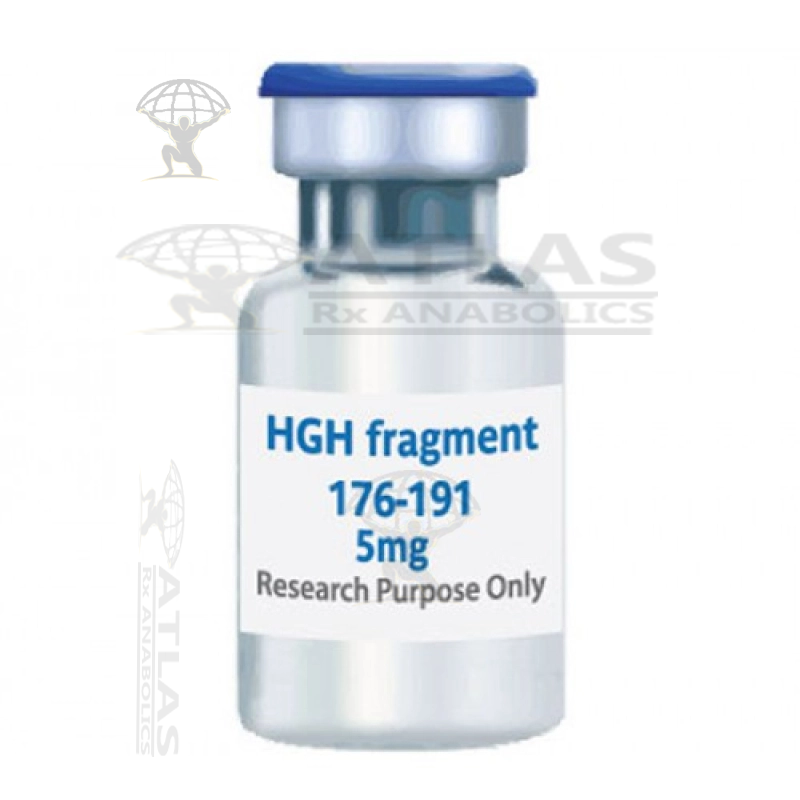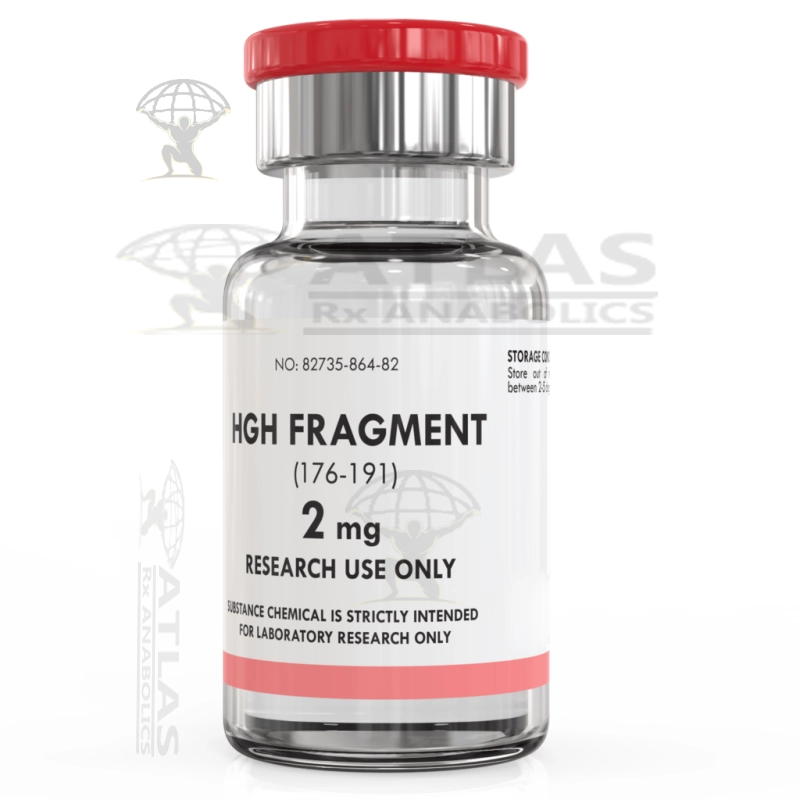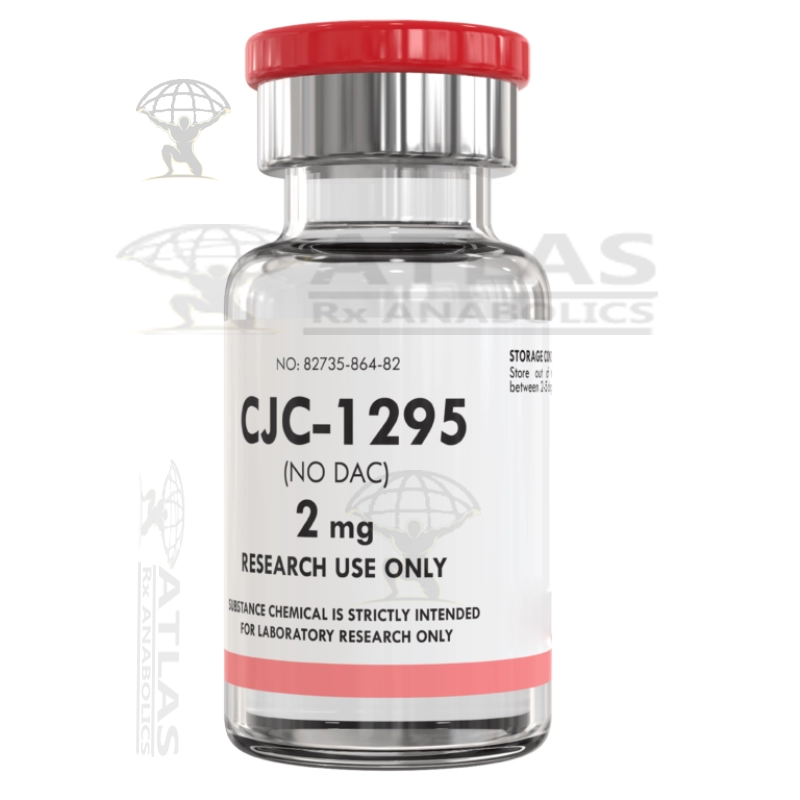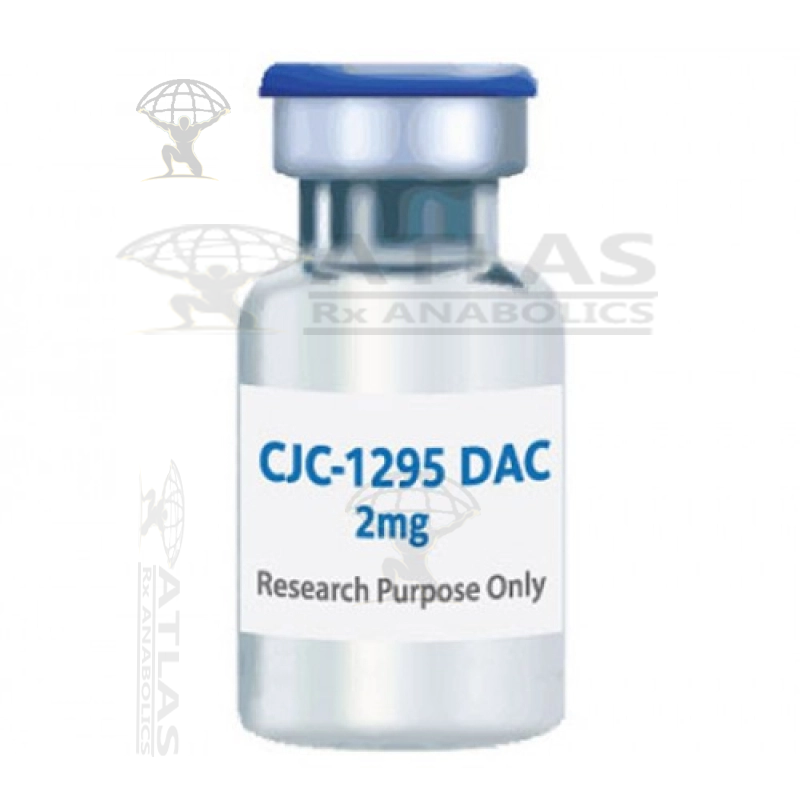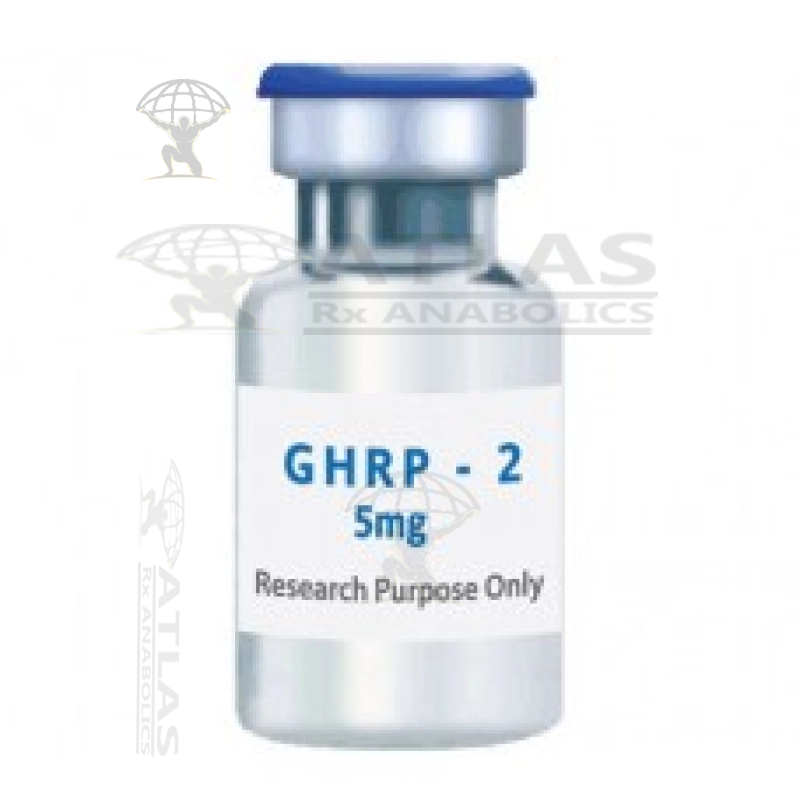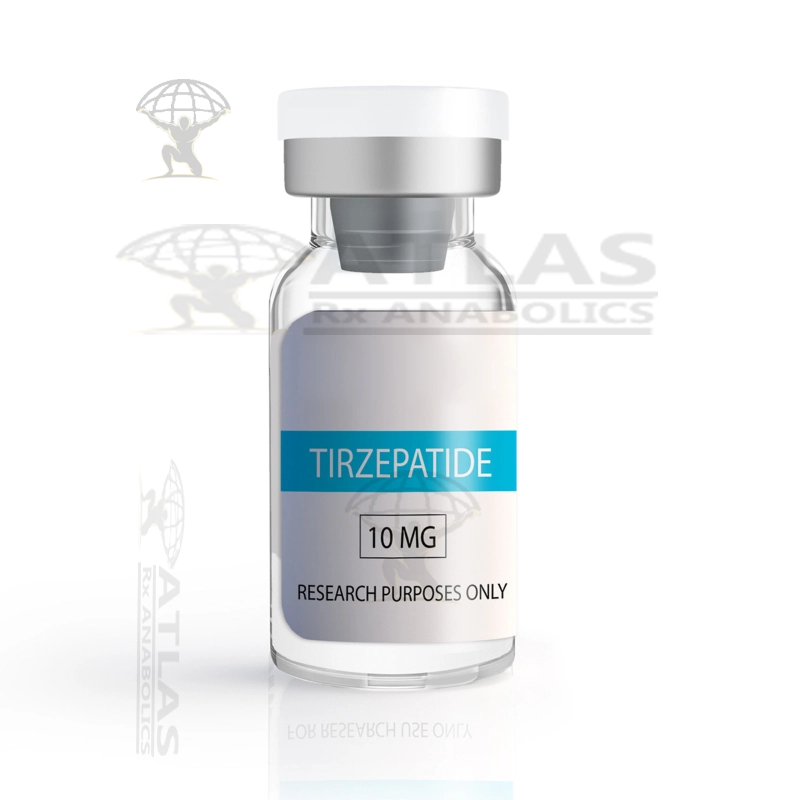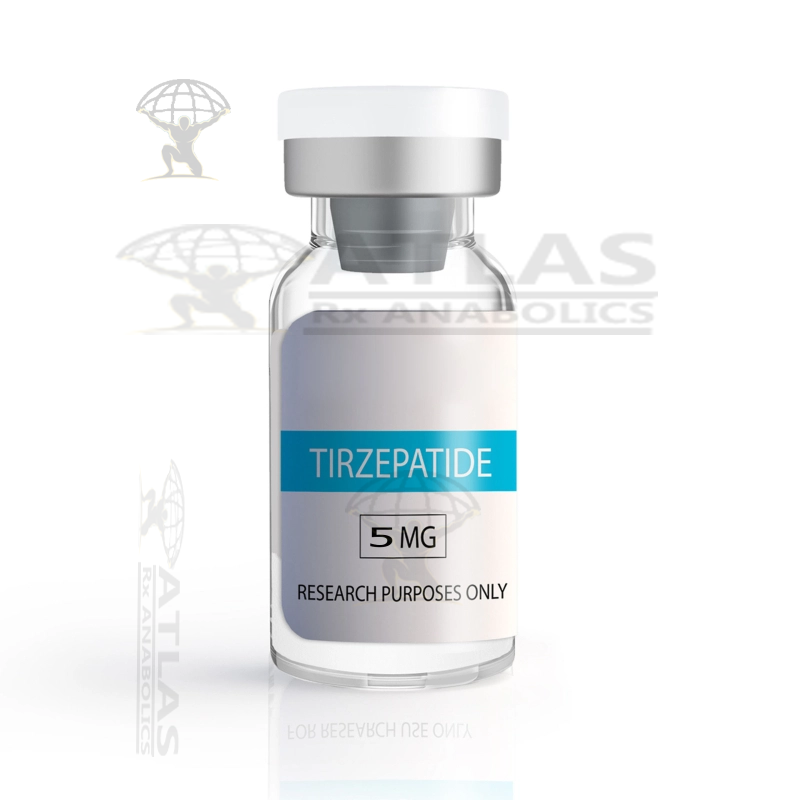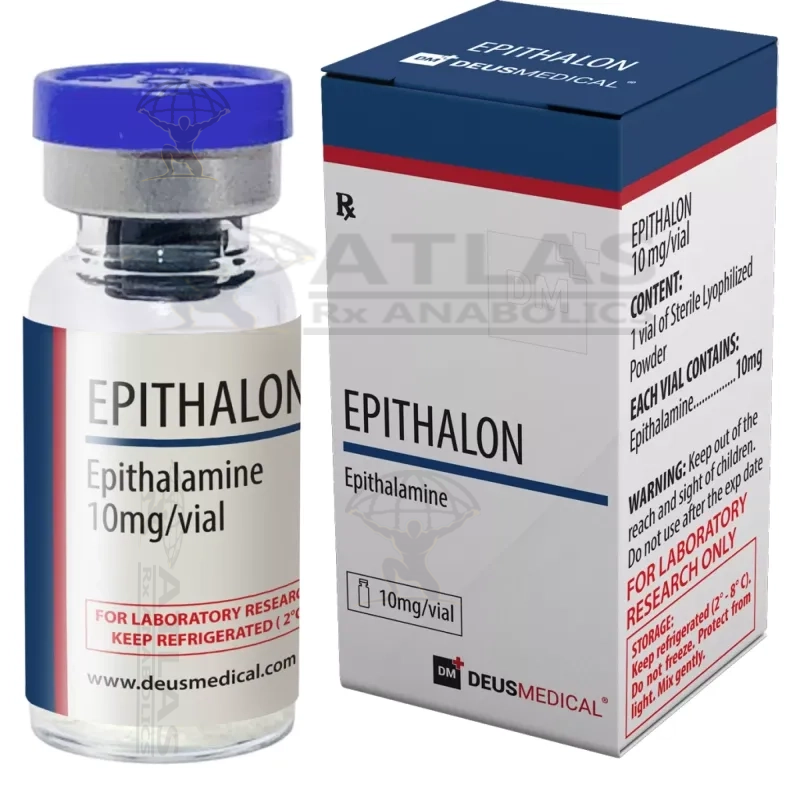GHK-Cu
-
No review yet
Active Substance GHK-Cu FORM 50mg/vial Manufacturer LIVEWELL Pharmaceuticals
HCG
-
No review yet
Active Substance HCG FORM 5000iu//vial Manufacturer LIVEWELL Pharmaceuticals
IGF-1
-
No review yet
Active Substance IGF-1 FORM 0.1mg/vial Manufacturer LIVEWELL Pharmaceuticals
BPC-157
-
No review yet
Active Substance BPC-157 FORM 2mg/vial Manufacturer LIVEWELL Pharmaceuticals
DSIP
-
No review yet
Active Substance DSIP FORM 1mg/vial Manufacturer LIVEWELL Pharmaceuticals
MT-ll
-
No review yet
Active Substance MT-ll FORM 10mg/vial Manufacturer LIVEWELL Pharmaceuticals
PT-141(Bremelanotide)
-
No review yet
Active Substance PT-141(Bremelanotide) FORM 10mg/vial Manufacturer LIVEWELL Pharmaceuticals
Frag (176-191)
Active Substance Frag (176-191) FORM 5mg/vial Manufacturer LIVEWELL Pharmaceuticals
Frag (176-191)
Active Substance Frag (176-191) FORM 2mg/vial Manufacturer LIVEWELL Pharmaceuticals
cJc-1295(without DAC)
Active Substance cJc-1295(without DAC) FORM 2mg/vial Manufacturer LIVEWELL Pharmaceuticals
cJC-1295 (DAC)
-
No review yet
Active Substance cJC-1295 (DAC) FORM 2mg/vial Manufacturer LIVEWELL Pharmaceuticals
ipamorelin
-
No review yet
Active Substance ipamorelin FORM 5mg/vial Manufacturer LIVEWELL Pharmaceuticals
ipamorelin
-
No review yet
Active Substance ipamorelin FORM 2mg/vial Manufacturer LIVEWELL Pharmaceuticals
GHRP-6
-
No review yet
Active Substance GHRP-6 FORM 5mg/vial Manufacturer LIVEWELL Pharmaceuticals
Tirzepatide
Active Substance Tirzepatide FORM 10mg/vial Manufacturer LIVEWELL Pharmaceuticals
Tirzepatide
Active Substance Tirzepatide FORM 5mg/vial Manufacturer LIVEWELL Pharmaceuticals
MOTs- c
-
No review yet
Active Substance Mitochondrial-Derived Peptide FORM 10mg/vial Manufacturer LIVEWELL Pharmaceuticals
Peptides are short chains of amino acids, typically consisting of 2 to 50 amino acids. Livewell Pharma is a pharmaceutical company that specializes in the development and production of peptides. Peptides play a crucial role in various biological processes and have gained significant attention in the field of medicine.
Livewell Pharma focuses on the research and production of high-quality peptides for therapeutic purposes. They work closely with medical professionals and researchers to develop innovative peptide-based treatments for a wide range of diseases and conditions. These peptides can be used in areas such as oncology, metabolic disorders, dermatology, and more.
The company follows strict quality control measures to ensure the purity and efficacy of their peptides. They employ advanced manufacturing techniques and adhere to regulatory guidelines to ensure the safety and reliability of their products.
Livewell Pharma is dedicated to advancing the field of peptide-based therapy and making a positive impact on patient health. Through continuous research and development, they strive to provide healthcare professionals with cutting-edge peptide solutions to improve patient outcomes.
Overall, Livewell Pharma is a pharmaceutical company specializing in peptides, working towards developing innovative treatments and contributing to advancements in the field of medicine.
Shipping Cost
On all orders is set at $25.00
Secure checkout
Protected by Bitcoin
Offer & gift here
On all huge orders

